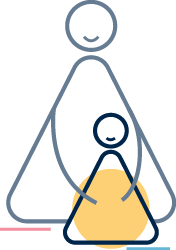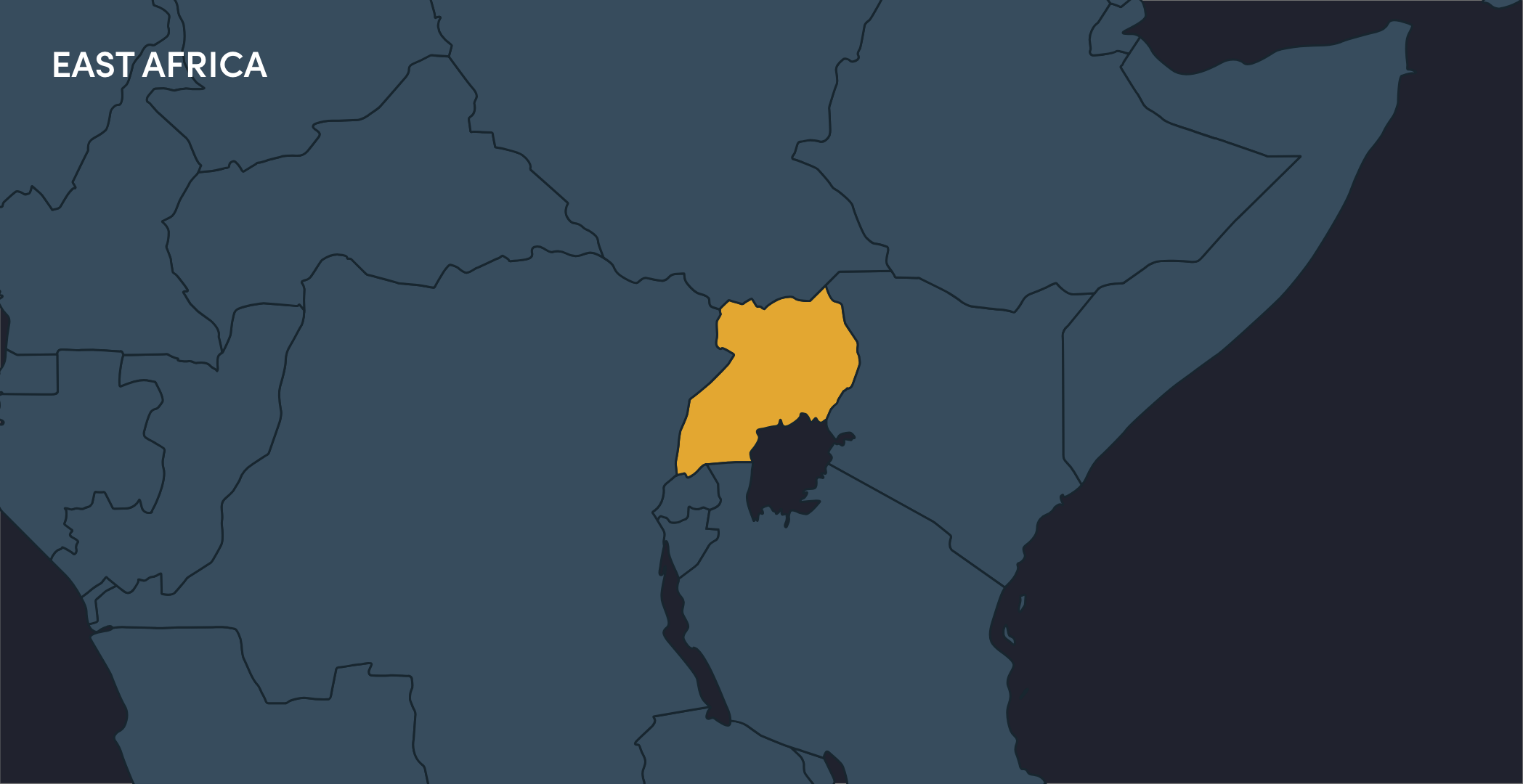Children living in extreme poverty are at higher risk of all forms of child maltreatment and neglect, including physical, emotional, and sexual abuse. In addition to high rates of extreme poverty, the district of Wakiso in Uganda is characterized by poor maternal and infant outcomes that are reflective of limited access to family planning services, and high birth rates. These factors place children at greater risk of abuse and neglect.
In response, the Community Nurse-Midwifery Early (COME) program is a community-based intervention that promotes child health and development, as well as the prevention of child abuse and neglect, through a contextually relevant parenting intervention in a service-scarce environment.
The Community Nurse-Midwifery Early (COME) program, a home-visiting intervention in rural Uganda, led to a number of positive outcomes, including over 50% reduction of maltreatment among children 0-3 years old. Additional outcomes included:

PHYSICAL VIOLENCE
Corporal punishment reduced by close to two thirds (60%) compared to just a third (33%) in the control group, with over two-thirds (67%) reduction in the use of psychological aggression and 63% improvement in the frequent use of non-violent parenting styles. There was no significant improvement with regard to child neglect.

PARENTAL KNOWLEDGE
Parents experience frustration if they believe their child is not at the development stage expected, which may result in physical or emotional punishment of the child. Parents participating in the program improved their expectations of child growth and development and were more accepting of their children’s capacity. They also learned more appropriate parent/child roles in the family, thus reducing maltreatment.

REPRODUCTIVE PLANNING
Fewer subsequent pregnancies and births were reported in families in the intervention group, with increased contraceptive use and reduced maternal depression, alcohol use, and child hospitalization.
Underreporting of child maltreatment is a common challenge. A longitudinal prospective design, which allows for real-time tracking of the occurrence of child maltreatment may be one way to address the problem of underreporting.
A home visiting program using nurse-midwives can play an effective service delivery strategy in the prevention of young child maltreatment. This approach promotes parent self-sufficiency and provides an important service especially for low income families with limited access to health care.
To ensure program quality and increase job satisfaction, nurse home visitors require ongoing training, increased salary, consistent program standards, greater collaboration with other services, curriculum improvements, and streamlined documentation.
The Community Nurse-Midwifery Early (COME) Intervention is a community-based intervention involving home visiting of at-risk families by trained paraprofessionals in the child’s first 1–5 years of life. The three major goals are 1) to improve pregnancy outcomes through improved access to prenatal health; 2) to improve the infant and child health and development by helping parents to provide more competent care; and 3) to improve parents’ life-course by helping them develop visions for their futures. Through the program, the midwife-nurses helped women to build supportive relationships with family members and friends, and linked families with other services.
Michael Kintu
Project Director
Wakiso Integrated Rural Development
Association (WIRDA), Nkumba University
Close, Entebbe, Uganda
wirdaebb@gmail.com
Would you like a concise two-pager of this study? Download the evidence brief.





